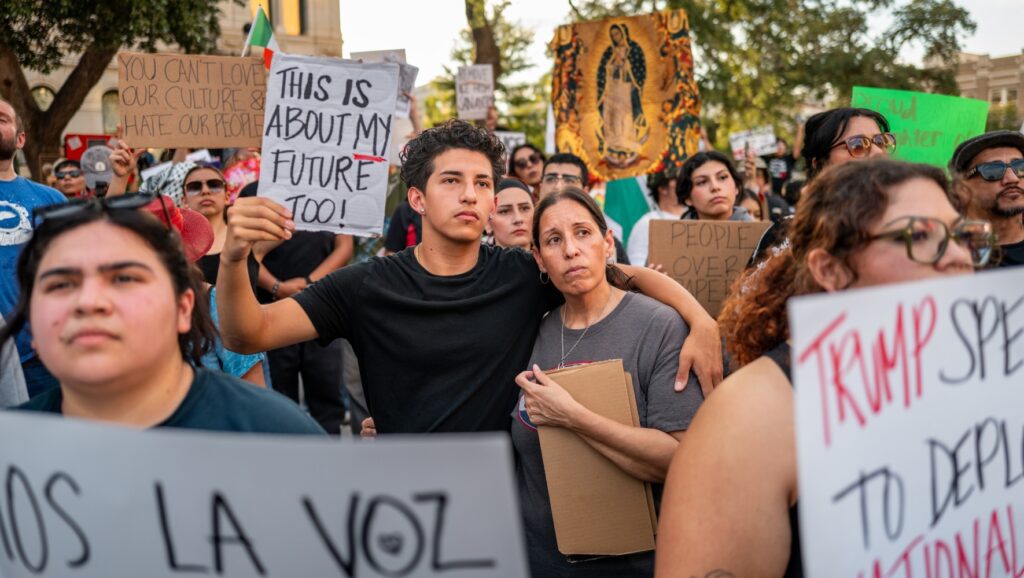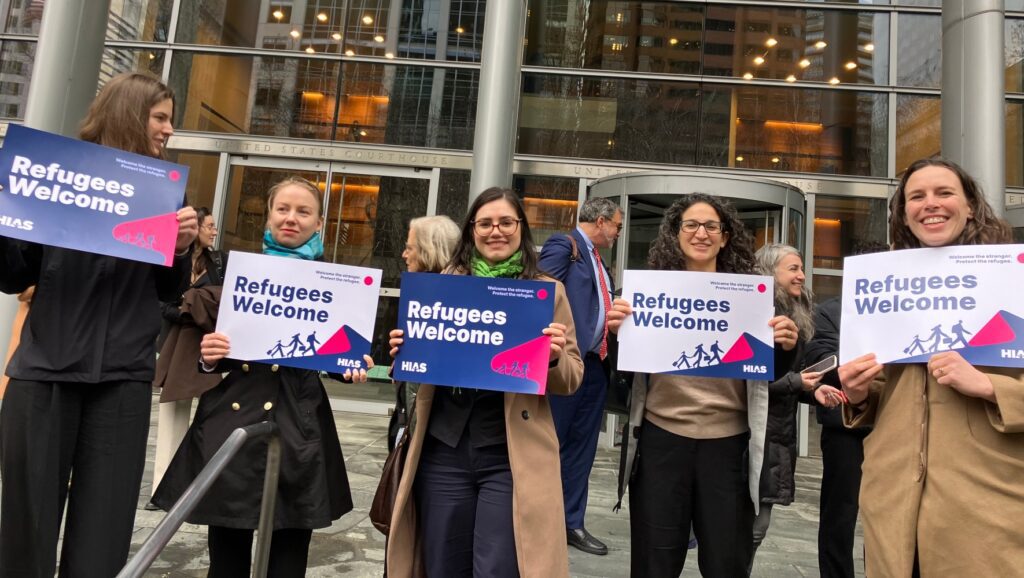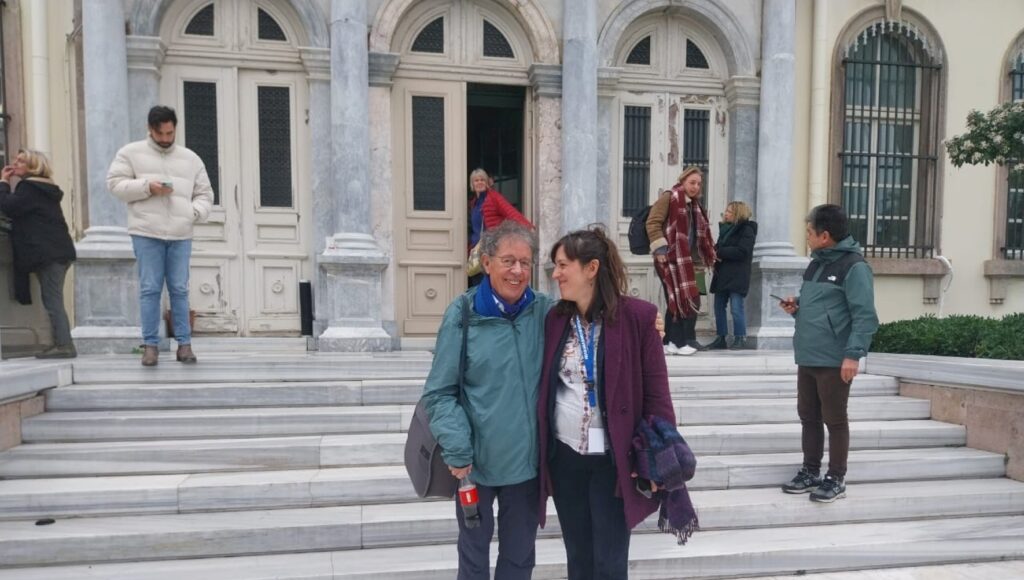
Deep Dive is a new article series on hias.org that explores, in detail, a specific issue relevant to HIAS’ work. Previous editions:
Immigration, Asylum, and the U.S. Election
In the first edition of our Deep Dive series, we laid out five key facts related to immigration, asylum, and the upcoming U.S. presidential election in November. But these issues, of course, are not limited to one country. In an extraordinary moment of global democracy, more than half of the world’s population — some 4 billion people — live in countries holding elections in 2024. At issue in many of these elections is the fate of refugees, migrants, and asylum seekers, whose status has become a flashpoint around the world.
To gain a better understanding of the role migration played in disparate places, we checked in with colleagues from three countries in which HIAS has country offices: South Africa, the U.K., and Mexico.
In an extraordinary moment of global democracy, more than half of the world’s population — some 4 billion people — live in countries holding elections in 2024.
South Africa
South Africa held Africa’s most high-profile election in May, and in the run up to the election immigration emerged as a significant priority for all major political parties. For the first time since Apartheid’s end, the African National Congress did not win a majority of seats and had to form a coalition with the traditional opposition party, the Democratic Alliance.
The new coalition government is set to implement the new Border Management Authority, and the new minister of home affairs has committed the department to clear the 300,000-plus visa backlog by the end of the year. But the government must also address the White Paper on Citizenship, Immigration and Refugee Protection, which promises to overhaul the country’s migration system including South Africa’s withdrawal from the 1951 Refugee Convention. HIAS South Africa has spoken out against some of the extreme measures outlined in the white paper.
Before the election, political parties debated securing South Africa’s borders, cracking down on illegal immigrants, and stopping corruption at the Department of Home Affairs. There has been a lot of angry public sentiment channeled at the government but also at migrants, of whom South Africa has more than any other country on the continent. The country also had the highest unemployment (28.4%) in the world last year.
Dangerous xenophobic rhetoric, once widely criticized, is now more normalized, and political parties have exploited people’s fear of immigrants. Despite the volatility of the situation, Alana Pugh-Jones Baranov, HIAS South Africa country director, has a positive outlook.
“I am hopeful that our country’s leaders will see an opportunity for positive change in our policies around migration and work on ensuring better implementation and access to rights and services for all refugees, asylum seekers, migrants, and displaced people in South Africa,” she said.
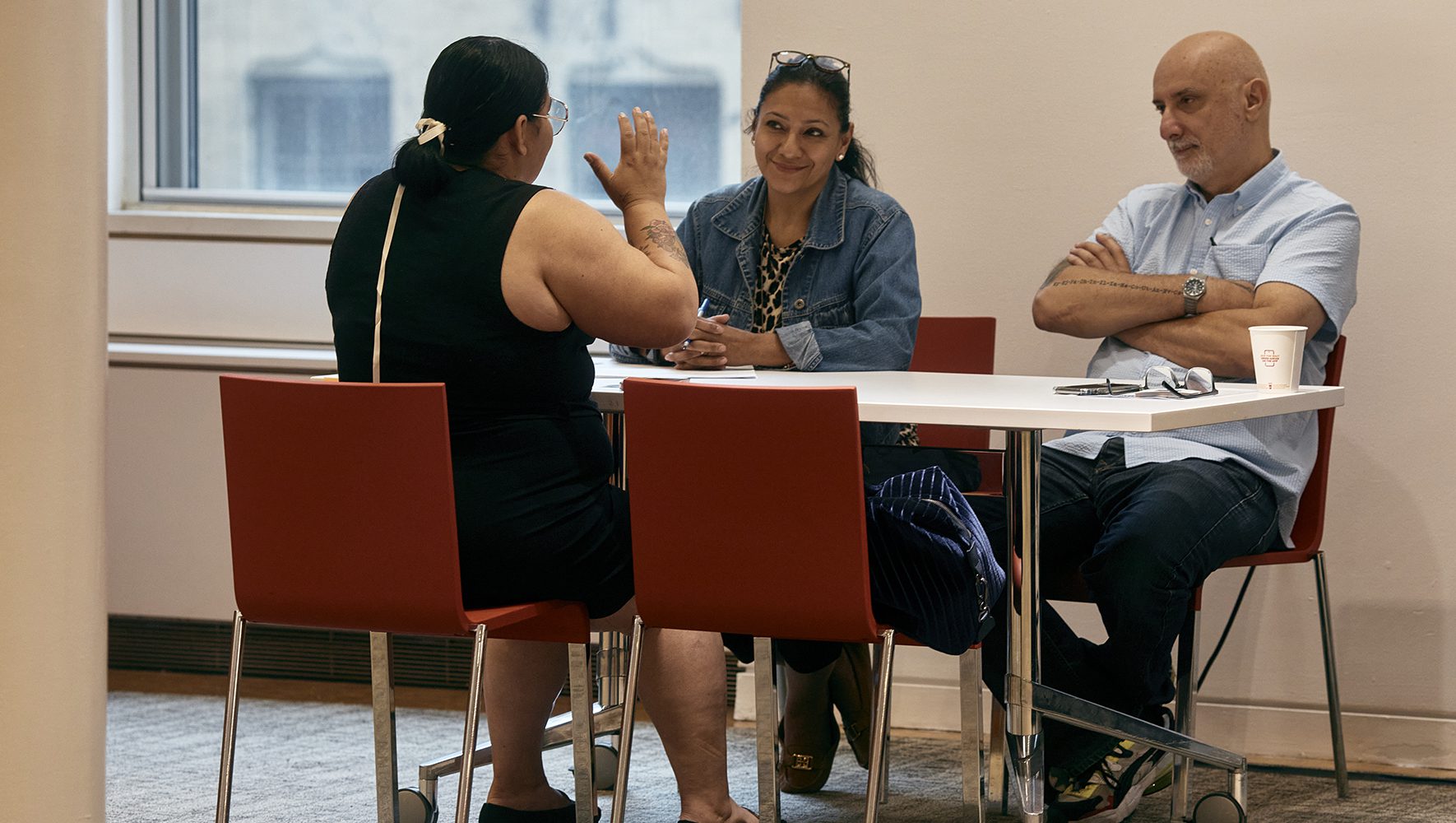
Deep Dive: Immigration, Asylum, and the U.S. Election
Read MoreUnited Kingdom
As in South Africa, immigration and asylum played a significant role in the U.K. general elections, held on July 4: a YouGov poll found that 18% of voters cited immigration and asylum as one of the most important issues in the election, more important than the economy or health care. Despite significant policy differences across many other issues, in the run-up to the election both the incumbent Conservative government and the opposition Labour Party shared an emphasis on getting “tough” on immigration.
“[There was an] atmosphere in which the Conservative government had brought in growingly draconian measures to stop what they defined as ‘illegal migration’ while the Labour Party’s only answer was to talk about law, order, and chaos,” said Rabbi David Mason, executive director of HIAS + JCORE.
In a resounding victory, Labour won the election and assumed power for the first time in 14 years. For organizations that advocate for refugee rights, Labour’s victory has offered reasons for optimism. The government helmed by Prime Minister Keir Starmer, in office less than three months, has already implemented significant changes: It has canceled the former government’s scheme to ship asylum seekers to Rwanda, and has taken steps to hear asylum cases more quickly.
“There is, of course, a long way to go for those of us in this sector,” Mason said.
Among other things: HIAS + JCORE calls for the Labour government to extend the “move-on” period for asylum seekers registering as refugees from 28 to 56 days, doubling the amount of time refugees have to find accommodation and work. The organization also advocates for the establishment of safe routes that allow asylum seekers to receive humanitarian visas before being processed in the national asylum system, reducing the frequency of dangerous crossings of the English Channel. HIAS + JCORE also calls for tackling the housing crisis for refugees, reversing legal aid cuts, and ending improper age assessments so children and young people can be protected.
“There is, of course, a long way to go for those of us in this sector.”David Mason, Executive Director, HIAS + JCORE
Mexico
In early June, Claudia Sheinbaum was elected president of Mexico in a landslide. Unlike in South Africa and the U.K., Sheinbaum’s victory in Mexico did not represent a change in power: She was the chosen successor of outgoing president Andres Manuel Lopez Obrador, and is seen as likely to continue his policies on many key issues, including migration, when she assumes office in October.
Migration politics in Mexico are largely shaped by forces outside of the country’s control, namely the flow of people northward through the Americas as well as government policies set in the United States. During her successful campaign for the presidency, Sheinbaum pledged to seek further financial assistance from the U.S. in stemming the root causes of migration.
Blanca Lomeli, country director of HIAS Mexico, supports including more and better inclusion programs, policies that strengthen employment and education opportunities, and combating xenophobia and discrimination which, she said, remains an issue in Mexico.
“We hope for more welcoming policies,” she said. “We favor a multi-country approach to root causes of migration and better dialogue and policies between Mexico and the United States.”
